For women, as aging brings various issues to the body, ensuring optimal health through a balanced diet that includes essential vitamins, nutrients, and minerals is very important. Below are 10 essential nutrients for women and how you can incorporate them into your daily diet:
1. Vitamin D
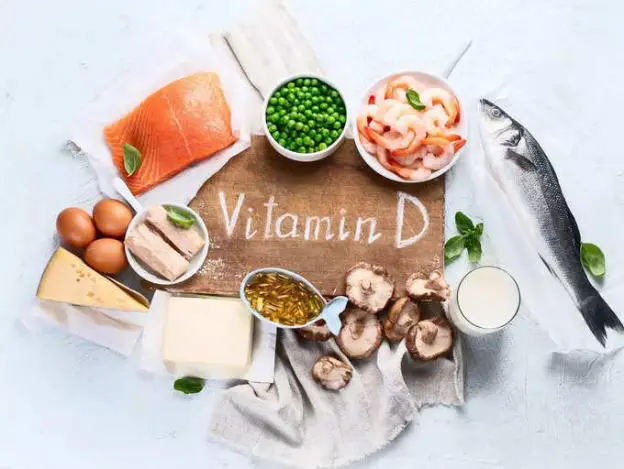
Vitamin D is crucial for health, aiding calcium absorption, supporting bone health, enhancing the immune system, and reducing the risk of certain chronic diseases.
While exposure to sunlight is the best way to obtain vitamin D, this is not always possible. Therefore, to include vitamin D in your diet, consider adding food sources rich in vitamin D such as fatty fish (like salmon), egg yolks, fortified dairy products, and some fortified cereals.
2. Vitamin B12
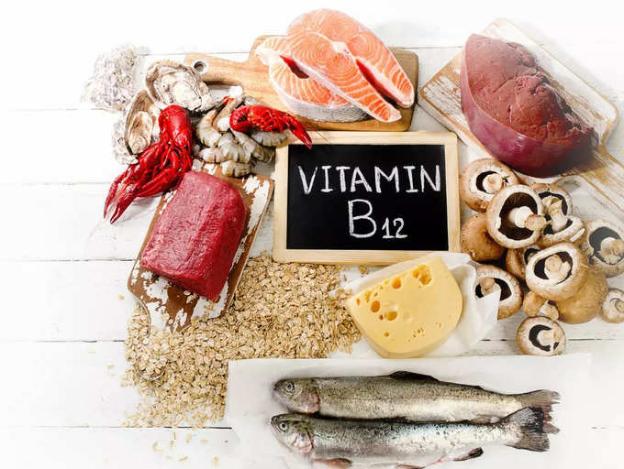
Vitamin B12 is often overlooked and undervalued. However, ignoring vitamin B12 deficiency is quite common.
Vitamin B12 is essential for nerve function, DNA synthesis, and red blood cell production. To ensure optimal vitamin B12 levels, include plenty of meat, fish, and eggs in your daily diet.
If you don’t prefer these foods, fruits like apples, bananas, and oranges can help. Additionally, plant-based milk alternatives are also good sources of vitamin B12.
3. Vitamin B6
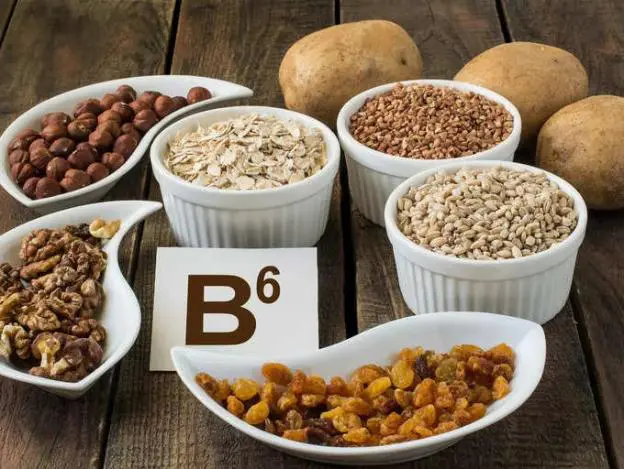
Vitamin B6 plays an important role in developing healthy brain function, producing neurotransmitters (like serotonin), improving mood, and reducing nausea and related issues during pregnancy.
To ensure you don’t lack vitamin B6, include foods like fish, bananas, green beans, and even eggs in your diet. For some dieters, tofu can provide about 50-60% of the daily vitamin B6 requirement.
4. Folate (Vitamin B9)
Folate (or vitamin B9, folic acid) is another nutrient that women should actively include in their diet, especially those who are pregnant, breastfeeding, or trying to conceive.
Folate helps in fetal development and reduces the risk of birth defects related to the baby’s spine. Additionally, folic acid can help lower the risk of heart disease by reducing blood pressure and improving blood flow.
To ensure your body and baby stay healthy, include leafy greens, citrus fruits, legumes, and peas in your diet as these foods are high in folate.
5. Omega-3
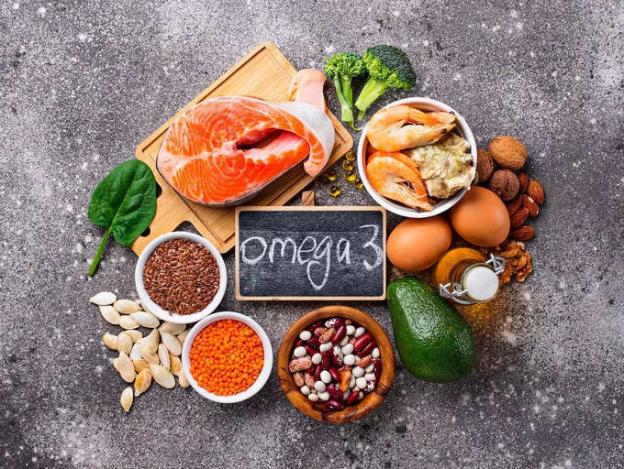
Omega-3 fatty acids are often advertised in capsule form or as supplements. However, it’s best to obtain them through food. Omega-3 benefits cardiovascular health, reduces inflammation, supports brain function, and may help manage depression.
If supplements and capsules aren’t suitable for you, try incorporating fatty fish like salmon or mackerel into your diet. For vegetarians, consider flaxseeds, chia seeds, and walnuts.
6. Iron
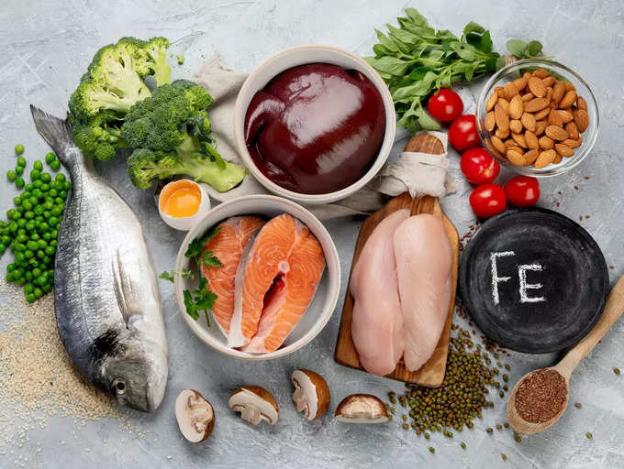
Our bodies use iron for many vital functions, including hemoglobin production. Iron is an important nutrient for women to prevent anemia and support oxygen transport in the body. Women who lose blood during menstruation need a diet rich in iron even more.
To ensure your iron levels are sufficient, include plenty of legumes, fish, or eggs in your diet. In fact, even dried fruits like apricots and raisins can help improve your iron intake.
7. Calcium
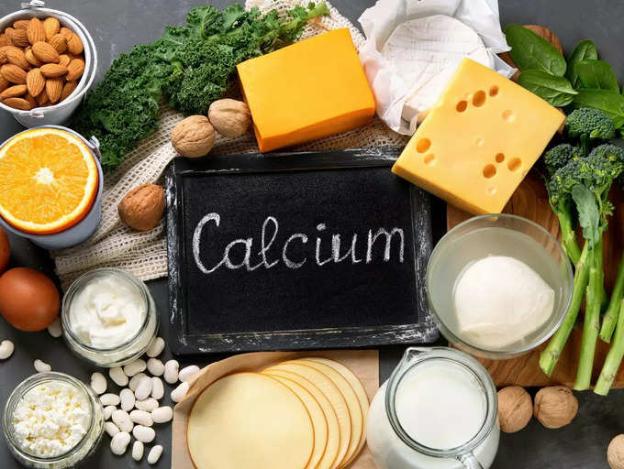
Weak bones are especially common among women. This makes calcium crucial for maintaining strong bones and preventing issues like osteoporosis. Calcium also plays a vital role in muscle function and nerve transmission.
To ensure you don’t have a calcium deficiency, it’s important to incorporate good sources of calcium into your daily diet. Foods rich in calcium include milk, yogurt, cheese, tofu, almonds, and leafy greens.
8. Magnesium
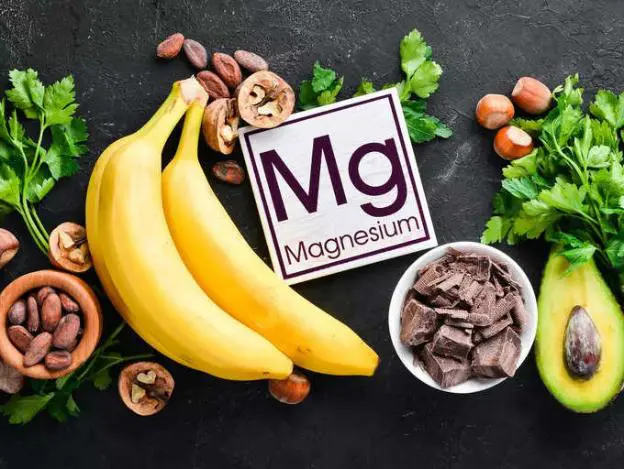
Magnesium is another often-overlooked nutrient that can greatly benefit women. It is important for bone health, regulating blood sugar levels, supporting muscle and nerve function, and alleviating symptoms of premenstrual syndrome (PMS).
In fact, magnesium can also help women sleep better as it promotes relaxation. To increase your magnesium intake, focus on consuming green vegetables like lentils, spinach, and kale. If green leafy vegetables aren’t a staple in your diet, consider adding nuts, whole grains, legumes, and even dark chocolate.
9. Fiber
Fiber is crucial for women’s health as it aids digestion and helps maintain healthy bowel movements. A healthy gut helps maintain a healthy weight and reduces the risk of heart disease, stroke, and certain cancers. A fiber-rich diet also prevents issues like constipation.
To include fiber-rich foods in your diet, start adding whole grains like quinoa, brown rice, apples, berries, broccoli, and sprouts.
10. Protein
Protein is important for women’s health as it helps build and repair tissues. Additionally, it produces enzymes and hormones that help maintain healthy skin, body, and hair. In fact, increasing protein intake can improve the health of your hair and nails.
To ensure you get enough protein in your daily diet, include adequate amounts of chicken, fish, eggs, cheese, tofu, or even various nuts.





